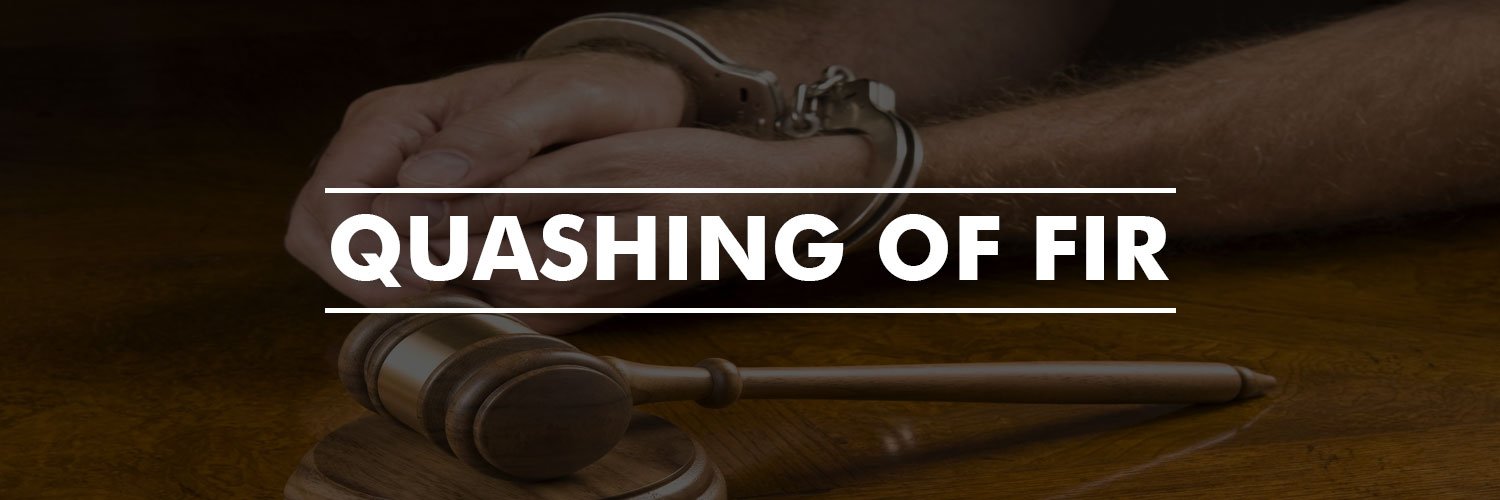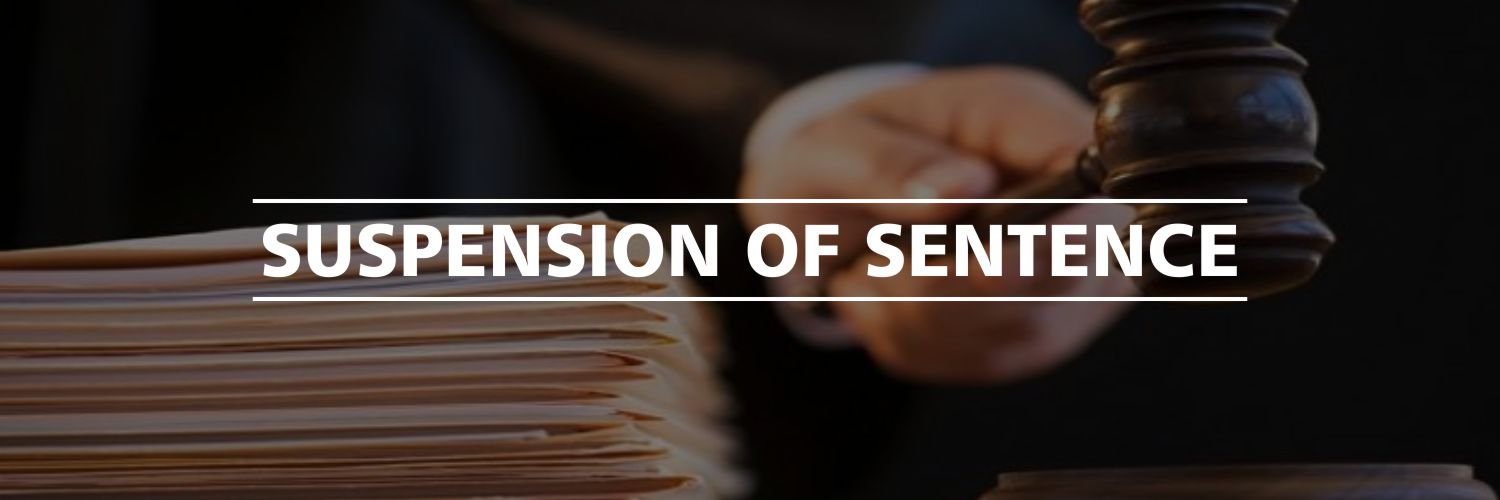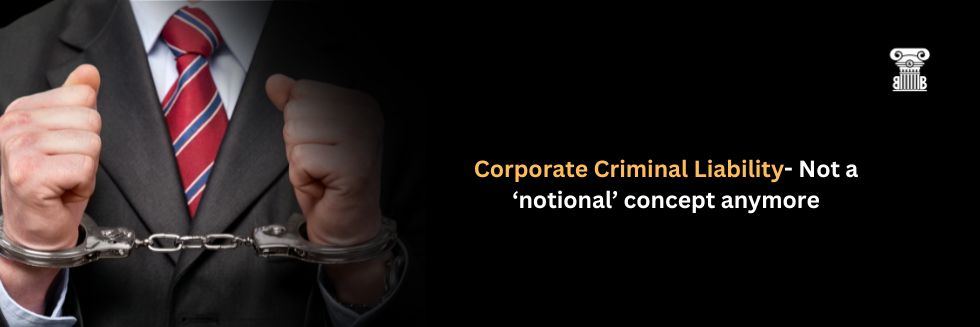Overview
An informant is a person who-
a) provides specific information regarding tax evasion,
b) who helps the concerned authorities to recover assets concerning irrecoverable taxes
Government servants can also act as informants but the amount of reward which they are entitled to get will be decided by the competent committees. The reward amount may vary every year and the amount of work done by them.
When an informant is eligible to get reward?
Central Board of Direct taxes (CBDT) issues circulars every year regarding the reward policy to informants and the reward amount varies every year. For e.g. it was up to 20% in one circular and was up to 10% in another year. An informant is eligible to get reward when he gives correct information about the tax evader and the amount gets recovered. Reward will be given to the informant after the amount of money recovered has been finalized and no litigation is pending therein any court.
Nature and amount of reward
Reward to informant will be in the nature of the ex-gratia (done as a matter of favour) and it cannot be claimed as a matter of right. In determining the amount of reward which may be granted, the competent authority will keep in mind the accuracy, specificity of the information and the risk, trouble taken, etc.
For example,
The amount recovered by the authorities is 25 lakhs and has been assessed properly with no litigation pending before any court, and then informant is entitled to receive reward as per the Reward to informant’s guidelines. For e.g. if the percent is set as 10%, then he is entitled to get 2.5 lakhs
General procedure and points to be kept in mind while providing information
There is a general procedure to be followed by the informant as well as the concerned authorities and the informant has to keep in mind some points while providing information to the authorities.
- That the information provided by the informant must be supported by some facts and documents, should not be unambiguous, it should not be a guess work
- If the informant knows about the documents but are not in his possession, then he has to describe the documents to the concerned authorities and must help identify their location
The informant giving the information has to give an undertaking stating that-
- he is aware that information and the documents provided by him do not confer upon him any right to claim rewards and the decision of the competent authority will be binding upon him
- he is aware that the amount of reward depends on the preciseness and the usefulness of the information provided by him
- the reward would be related only to as much of taxes recovered as are directly linked with the information supplied by him
- he is aware of the provisions of section 182 of the Indian penal code,1860 and if the information provided by him is false, then he would be liable to be punished
- he accepts that the government is under no obligation morally or legally to communicate him any amount of taxes which were recovered from the information provided by him
- he accepts that the payment of reward is the discretion of the competent authority and he do not have any right to dispute to the correctness of the decision in any competent court.
When the informant is not entitled to get reward?
No reward shall be granted to a person if-
- the informant is a government servant who provides information or documents obtained by him in the course of his normal duties
- the informant is required by law to disclose the information to the concerned department
- the informant has access to the information because of a contract with the government
Process of reward.
When any information has been provided by the informant, then he is required to furnish one written statement and has to sign it in the presence of the nodal officer. However if the information is sent by post, then also the informant is required to appear before the nodal officer and sign the written statement
If the written statement is not submitted and signed by the informant, then no reward shall be given to the informant in that case.
The jurisdictional Pr.CIT will be act as the Nodal Authority to examine and decide the nature of actionable information. Information received by any other Pr. CCIT/CCIT will be forwarded within 15 days to the jurisdictional Pr.CCIT/CCIT.
Reward should only be granted in those recoveries which are directly related to the documents and the information furnished by the informant that was not known to the concerned department that was not in the knowledge of the department. Reward will be in accordance with taxes recovered in the case of a tax payer about whom information is provided by the informant.
No representation shall be entertained either from informant or his close friend regarding the decision of the committee for the grant of reward.
The authority competent to grant reward will be the Chief Commissioner of Income Tax/Chief Commissioner of Income tax in whose charge the arrears, from which recovery is made, are recorded. However where the amount of reward in any given case exceeds ₹ 1lakh the same should be approved by a Committee of three officers comprising the Pr. Chief Commissioner of the region as Chief Commissioner concerned and one other CIT nominated by the Pr. CCIT
In determining the reward amount the authority competent to grant the reward will keep the following points in mind-
- The originality of the information provided by the informant
- The nature of the help rendered by the informant;
- The risk and trouble undertaken and the expense incurred by the informant in securing and furnishing the information and documents;
- The load of work involved in utilizing the information furnished and the facility with which such tax could be recovered as a result of the information
When the amount of reward is ₹ 1 lakh or more the Pr.CCIT or CCIT concerned shall, before the grant of reward, get the case checked and obtain a certificate from the concerned Pr. CIT, regarding the correctness of the taxes recovered.
Confidentiality
The identity of the informant shall be kept confidential and shall not be disclosed to any third party. No information relating to informants contact number or personal details and rewards paid to them shall be disclosed to third party.
Not taking cognizance of information
The authority which is competent to obtain information and other essential documents from informant will maintain record of him, giving in brief his antecedents, the details of cases in which he has furnished information and the extent to which information has been found reliable. In case it is found that the antecedents of the information, the nature of the information furnished by him in the past and his conduct justify ignoring the information, evidence and documents furnished by him, the case should be referred by such to the Pr. CCIT/CCIT concerned, and if approved by him, it would be open for such authority not to take cognizance of the information furnished by such an informant.




